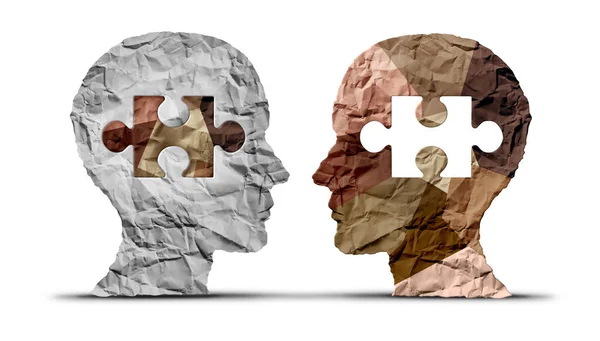
Cultural Appropriation takes elements of one culture and uses them without proper acknowledgment or permission.
Appropriation refers to the act of taking elements of one culture and using them without proper acknowledgment or permission. Appropriation can occur in various forms, such as fashion, music, art, or language. From a Black person’s perspective, appropriation often involves the unauthorized use of cultural elements from Black culture, such as hairstyles, clothing, music, or dance.
History of Appropriation
Appropriation has a long history that dates back to colonialism and imperialism. During this period, Western powers often invaded and conquered other lands, taking away cultural artifacts and imposing their values and beliefs on the conquered people. This practice resulted in the exploitation of the culture of the colonized people and the erasure of their history and traditions.
How Appropriation Impacts the Black Community
Appropriation can have a significant impact on the Black community. It can lead to the erasure of Black culture and history, and it can be a form of exploitation that perpetuates racism and inequality. It can also contribute to the commodification of Black culture, where non-Black people profit from Black culture while Black people are excluded or marginalized.
How Appropriation Impacts the White Community
Appropriation can also have an impact on the White community. It can perpetuate the idea of White supremacy and entitlement, where White people feel entitled to take and use whatever they want from other cultures without acknowledging the source. It can also create a sense of superiority and exoticism, where White people appropriate elements of other cultures to feel unique or special.
How Appropriation Influences Culture
Appropriation can influence culture by perpetuating stereotypes and limiting the representation of diverse perspectives. When non-Black people appropriate Black culture, they often do so without fully understanding its cultural significance or historical context. This lack of understanding can lead to inaccurate or harmful portrayals of Black culture, perpetuating harmful stereotypes and reinforcing racism.
Why Appropriation is Important
Appropriation is important because it raises awareness about the unequal distribution of power and resources between cultures. It highlights the need for respect and acknowledgment of cultural differences and promotes cultural exchange that is based on mutual respect and understanding. Appropriation also underscores the importance of protecting and preserving cultural heritage and promoting diversity and inclusivity.
How to Avoid Appropriation
To avoid appropriation, it is essential to acknowledge the source of the cultural element and seek permission from the original creators or community. It is also important to learn about the cultural significance and historical context of the element before using it. It is crucial to avoid stereotyping and misrepresenting the culture and to give credit where credit is due.
Videos on Appropriation
- What is Cultural Appropriation?” by Franchesca Ramsey on MTV Decoded Link: https://www.youtube.com/watch?v=bLH0R3kiOKw
- “What is Cultural Appropriation?” by Kat Blaque on her YouTube channel Link: https://www.youtube.com/watch?v=Og1-_wj0Tok
- “Cultural Appropriation in Fashion: What it is and Why it Matters” by The Cut on their YouTube channel Link: https://www.youtube.com/watch?v=yJm1UJx6_x8
- “The Truth About Cultural Appropriation” by As/Is on their YouTube channel Link: https://www.youtube.com/watch?v=SdqLO9X7VgQ
- “What is Cultural Appropriation?” by AJ+ on their YouTube channel Link: https://www.youtube.com/watch?v=d7BjLc6UTrw
Sources
- Campbell, J. (2021). Appropriation. The Stanford Encyclopedia of Philosophy. https://plato.stanford.edu/entries/appropriation/
- Hooks, B. (1992). Black looks: Race and representation. South End Press.
- Hylton, K. (2018). How Cultural Appropriation Became So Seductive. The New Yorker. https://www.newyorker.com/magazine/2018/08/20/how-cultural-appropriation-became-so-seductive
- https://www.thoughtco.com/cultural-appropriation-definition-373306https://www.teenvogue.com/story/cultural-appropriation-definition-examples